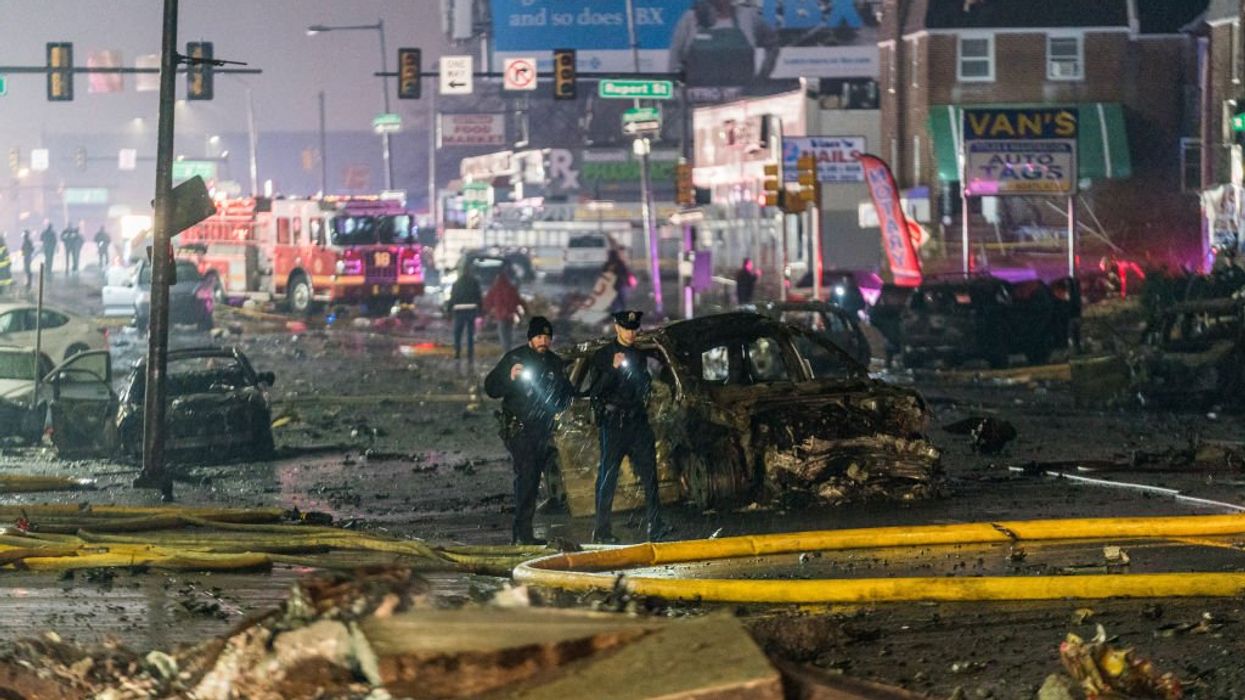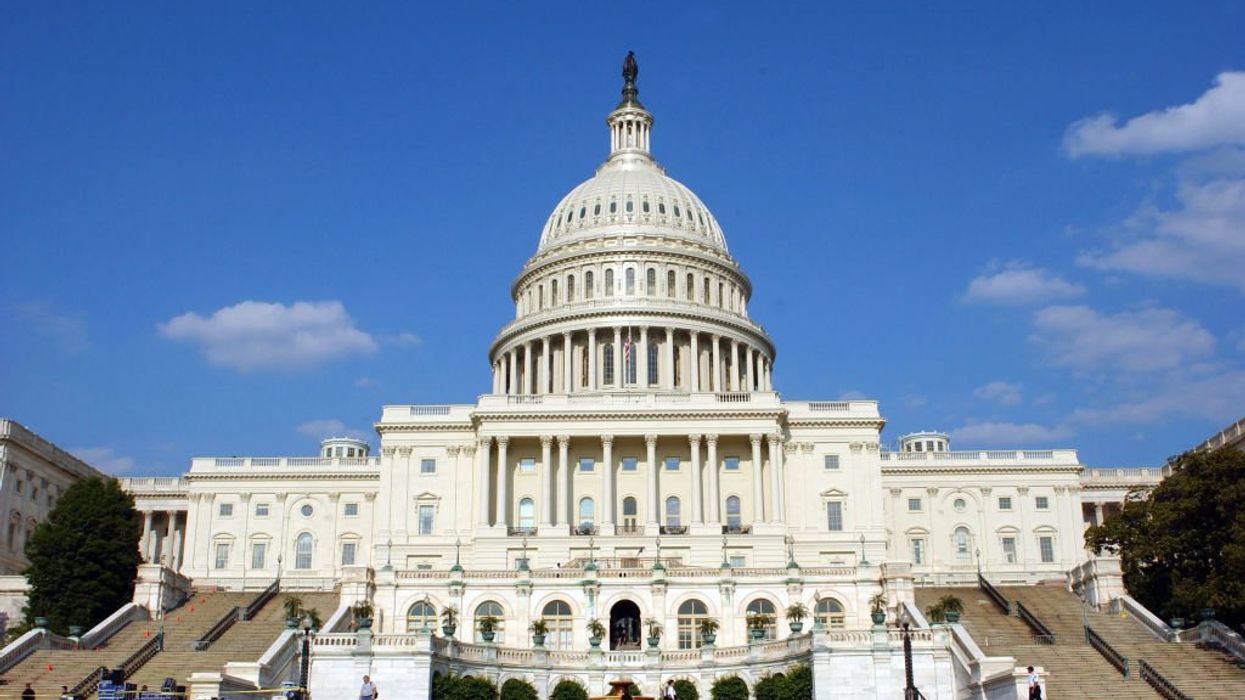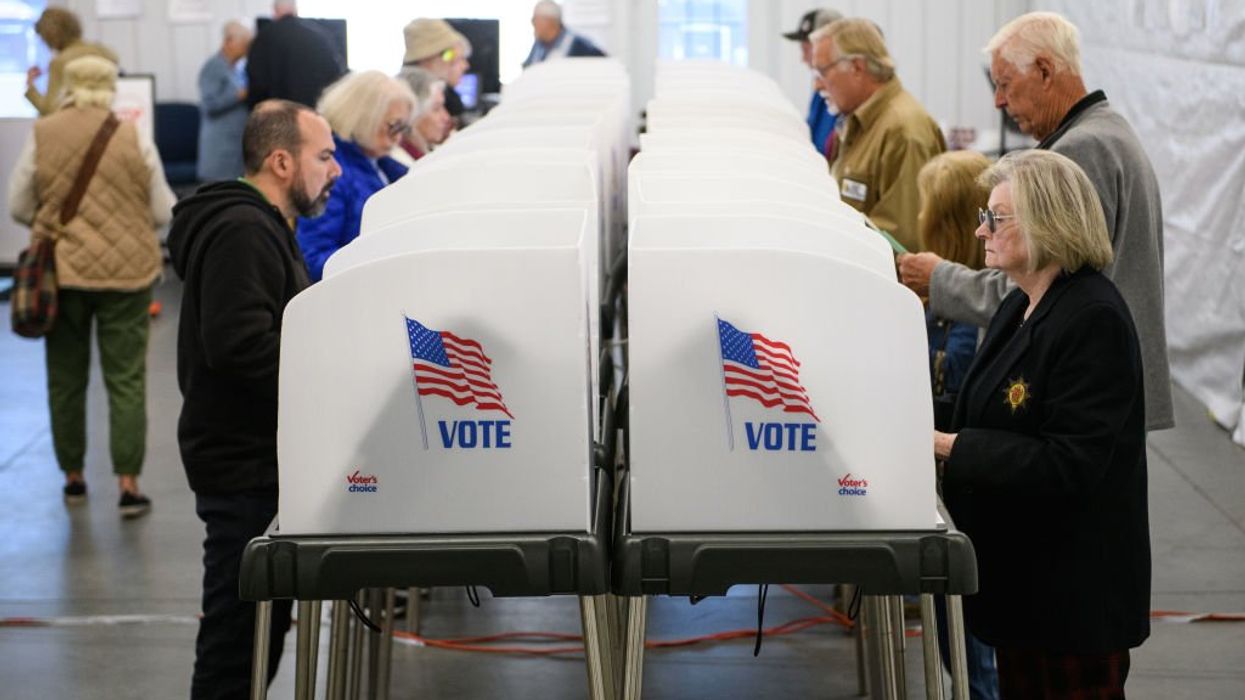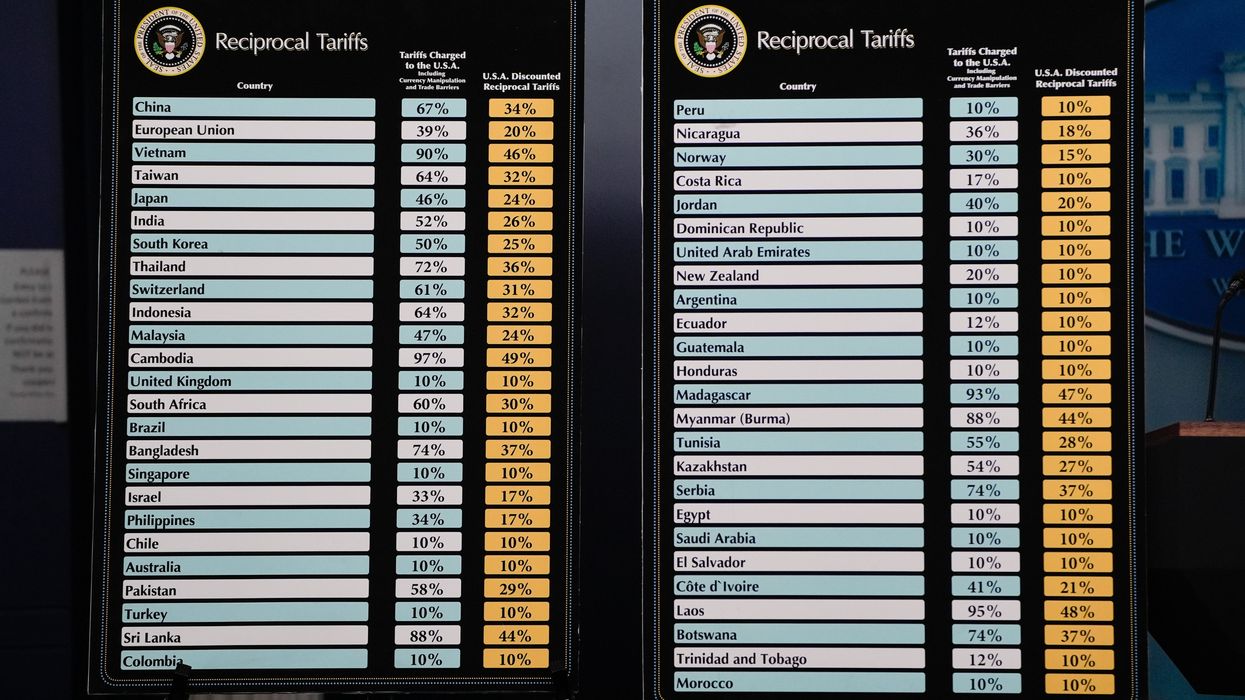Last week, two more serious air travel incidents occurred, adding to the mounting number of aviation disasters this year. Is flying safe?
Over the past year, the number of aviation disasters that have been blasted across the media has been steadily rising, with February alone having a half dozen incidents. It begs the question: Is air travel becoming more dangerous? Or has the media just increased its coverage of a "normal" amount of crashes?
If you look at the data, it suggests that flying has been—and remains—safe. The number of accidents and fatalities has been steadily decreasing year over year and remains a small percentage of total flights. In 2024, out of the approximate 16 million flights recorded by the Federal Aviation Administration in the U.S. every year, there were 1,150 accidents resulting in 304 fatalities, meaning that the average flight in America has a 0.007% chance of an accident. In addition, the National Transportation Safety Board records a decrease in both fatal and non-fatal aviation accidents when compared to 2024. By this time last year, there were already 399 crashes and accidents, while this year has only clocked in 271.
That being said, Sean Duffy, Trump's new transportation secretary, admitted that America's air traffic control system needs an overhaul. Duffy pointed toward dated air traffic control equipment, overregulation, and radical DEI as the culprits behind many recent aviation accidents.
But what do the crashes suggest? We've gathered details about the major aviation accidents this year so you can decide for yourself why planes keep crashing:
American Airlines Blackhawk collision over D.C.

Chip Somodevilla / Staff | Getty Images
In one of the deadliest U.S. aviation accidents in the last decade, an American Airlines plane collided with a Black Hawk helicopter over the Potomac River in Washington, D.C. The American Airlines flight was approaching Ronald Reagan Washington National Airport carrying 60 passengers and four crew when it collided midair with the Army helicopter, crewed by three, killing all 67 people involved.
The exact cause behind the mid-air collision is still under investigation, but it is believed that the Black Hawk was up too high and outside of its designated flight path. A report from the New York Times suggests that the air control tower at the Ronald Regan Washington Airport has suffered years of understaffing, which seems to be a result of DEI hiring practices. Investigators are piecing through the wreckage, and the exact cause of the crash is still unknown.
Medevac explosion in Philadelphia

Anadolu / Contributor | Getty Images
On the night of Friday, March 31st, a medevac plane with six people on board crashed into a Philadelphia neighborhood, killing everyone on board, along with one man on the ground. The small jet departed from Northeast Philadelphia Airport at 6 pm, and according to the FAA, it crashed less than a minute later after reaching an elevation of 1,650 feet. The ensuing explosion cast a massive fireball into the sky and wounded 19 people on the ground, killing one.
The six people on board the jet were Mexican nationals, including a mother and her sick daughter who was receiving treatment from Shriners Children’s Hospital in northeast Philadelphia. As of now, there is no official cause of the crash, but much of the plane has been recovered, and the incident is being investigated.
Alaskan flight disappearance outside of Nome

Anadolu / Contributor | Getty Images
At approximately 3:16 pm, on Thursday, February 6th, a small commuter plane working for Bering Air, carrying 10 passengers, took off from the town of Unalakeet, Alaska, destined for the nearby town of Nome. After a few hours, Nome lost contact with the small plane as weather conditions worsened. The following day, the Coast Guard discovered the remains of the plane, all 10 occupants were dead.
The wreckage of the aircraft, along with the remains of the passengers and crew, have been recovered and are under investigation. While there has been no official explanation given for the crash, the poor weather is believed to be a major contributing factor.
Small jet collision in Scottsdale

Gabe Ginsberg / Contributor | Getty Images
The pilot of a small jet died after the aircraft crashed into a larger plane in Scottsdale, Arizona, on Monday, February 10th. The owner of the jet that crashed was Vince Neil, the frontman of the heavy metal band Mötley Crüe, but Neil was not on board at the time of the accident. The jet had just landed in Scottsdale, where it appeared to veer out of control and smash into a parked Gulfstream at high speed. The plane was carrying four people: two pilots and two passengers. One of the pilots was killed, and the other three were seriously injured. There was only one person aboard the Gulfstream at the time of the crash, they suffered injuries but refused treatment.
It is believed that the landing gear failed upon landing, which caused the jet to skitter out of control and smash into the parked plane.
Delta crash in Toronto

Anadolu / Contributor | Getty Images
On Monday, February 17th, a Delta aircraft flipped while landing and slid upside down across the runway while ablaze at Toronto Pearson International Airport. Fortunately, all 80 people aboard survived, and only three people suffered critical (though not life-threatening) injuries. First responders were quickly on the scene, extinguishing the fires and assisting the grateful survivors out of the wreckage.
The crash is believed to have been caused in part by the extreme weather in Toronto, which included a powerful crosswind and potential ice on the runway. It is also suspected that the landing gear failed to deploy properly, causing the plane to flip in the severe wind.
Small plane collision north of Tucson

aviation-images.com / Contributor | Getty Images
On Wednesday, February 19th, yet another small plane crash occurred in the skies above Arizona. Two small aircraft collided midair near Tusosn, Arizona at Marana Regional Airport. There were two people in each of the small planes, two of which from the same aircraft died, while the other two managed to walk away with little injury.
Marana Regional Airport is an uncontrolled field, which means there is no active air traffic control present on site. Instead, pilots rely on communication with each other through a "Common Traffic Advisory Frequency" (CTAF) to safely take off and land.
Hudson helicopter crash

Bloomberg / Contributor | Getty Images
A helicopter tour out of New York City took a tragic turn on Thursday, April 10th, when the Bell 206 broke apart mid-flight and plunged into the Hudson River. All six people aboard perished in the crash, which included the pilot and a tourist family of five.
New York Helicopter Tours, the operator of the flight, announced it would cease operations following the accident. The decision comes amid scrutiny of the company’s safety record, which includes a prior emergency water landing and another incident where a helicopter was forced to land shortly after takeoff due to mechanical issues. The cause of the crash remains under investigation.
Upstate New York family tragedy

Billie Weiss/Boston Red Sox / Contributor | Getty Images
Days after the tragic Hudson crash, a small private plane carrying an NCAA athlete crashed in upstate New York, killing all six passengers. On Saturday, April 12, 2025, Karenna Groff, a former MIT soccer player and 2022 Woman of the Year, was aboard her father's Mitsubishi MU-2B with her parents, boyfriend, brother, and his partner when the plane went down in a muddy field in Copake, New York.
The aircraft was reportedly in good condition, and Michael Groff, Karenna's father, was an experienced pilot. While the official cause of the crash has not been determined, low visibility at the time of the incident is suspected to have been a contributing factor.
The recent string of aviation incidents underscores a troubling trend in air travel safety, raising urgent questions about the systems and policies governing the industry. While data suggests flying remains statistically safe, the alarming frequency of crashes, near misses, and systemic issues like outdated technology and questionable hiring practices cannot be ignored. BlazeTV's own Stu Burguiere did a deep dive into the recent crashes in the Blaze Originals documentary, Countdown to the Next Aviation Disaster, uncovering the truth behind the FAA’s shift toward DEI hiring and its impact on aviation safety. Featuring exclusive interviews with former air traffic controllers, lawyers, and Robert Poole—the inventor of TSA PreCheck—this documentary exposes how the Biden-Harris administration’s policies, under Pete Buttigieg’s leadership, have contributed to making air travel more dangerous than ever.

















